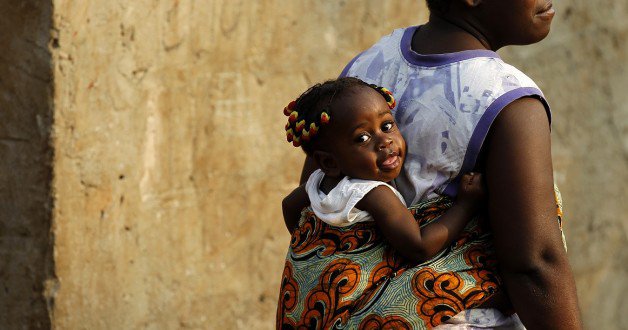Here is a stat that should not be a reality in 21st century Tanzania. More than 90% of children in east Africa’s second largest economy have no birth certificates. This is despite a law mandating that new babies be registered.
For some rural families, however, bad roads make it prohibitive to travel the distance to government agencies to secure birth certificates. So a lot of families simply forgo the process. The mobile phone is about to change all that.
First launched in 2013, in a partnership with the mobile carrier Tigo and UNICEF, a mobile-based system by Tanzanian government now allows health workers to deliver birth certificates in a matter of days using SMS. The approach is now operational in 10 of the country’s 26 regions.
The way it works is health workers send a text that includes a baby’s name, sex, date of birth and family details to a central database managed by the Registration Insolvency & Trusteeship Agency (RITA), a government body. Once received, an automated response allows them to issue the document soon after. The government is now looking to expand the initiative into the rest of the country in the next five years.
Keeping better civil registration and vital statistics is seen by academics as an important step for African countries to provide better government services to their citizens.
“For us to continue dispensing services to Tanzanians, it is important for the government to have accurate statistics on the population including number of children being born,” Ummy Mwalimu, deputy minister for constitutional and legal affairs, said at the initiative’s launch.
It makes sense that the government is increasingly trying to leverage mobile technology to deliver services. Mobile penetration in Tanzania stands at 73% for the country’s 50 million people.
The aim now is to provide birth certificates to about a million children before the end of this year alone and register 90% of all babies born within the next five years. Without birth certificates it is difficult for children to get adequate healthcare, education and just any basic government service.
This article is published in collaboration with Quartz Africa. Publication does not imply endorsement of views by the World Economic Forum.
To keep up with the Agenda subscribe to our weekly newsletter.
Author: Omar Mohammed is a reporter for Quartz covering East Africa based in Tanzania’s commercial capital, Dar es Salaam.
Image: A woman with a baby on her back looks on at an informal settlement. REUTERS/Siphiwe Sibeko.



